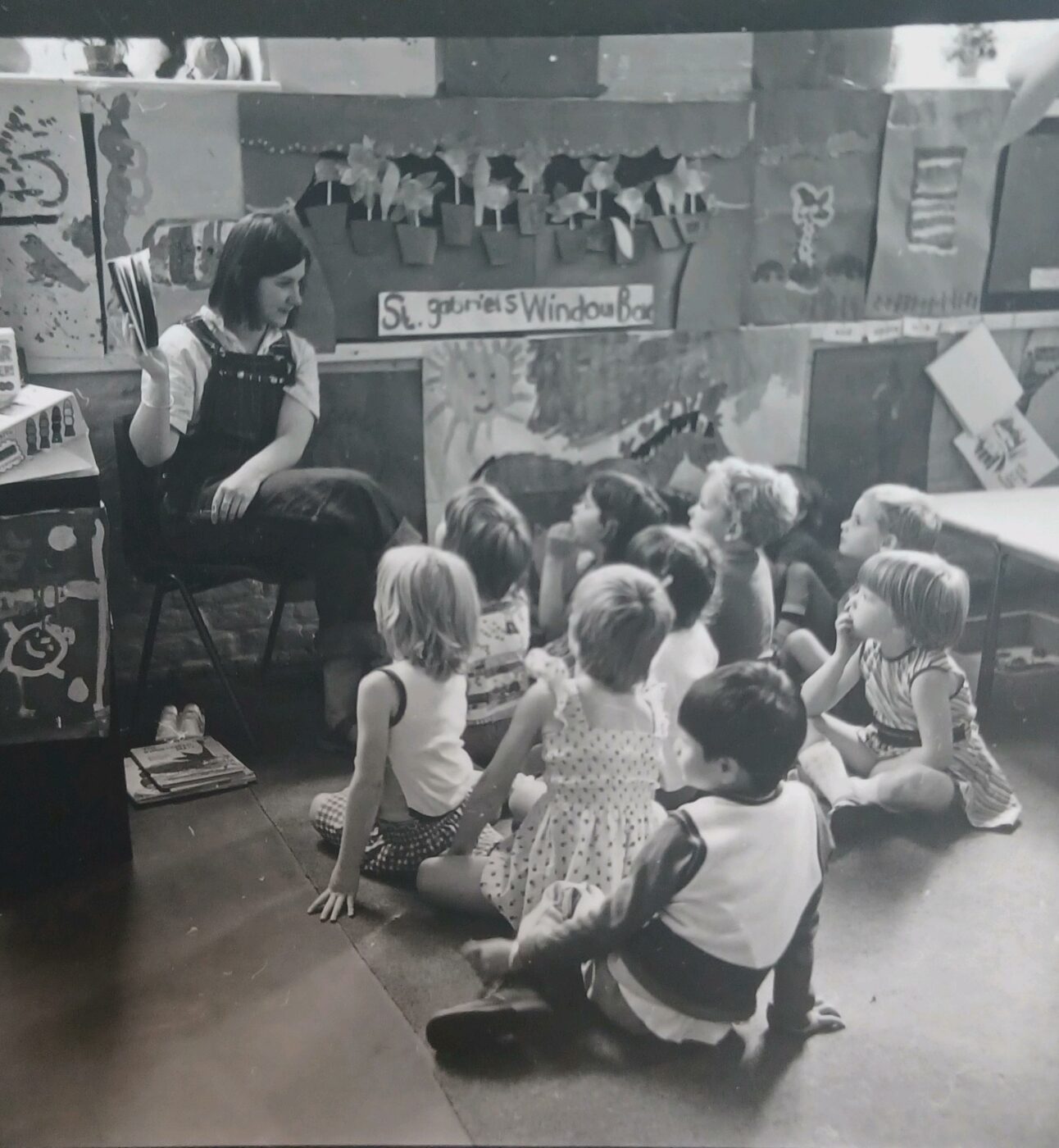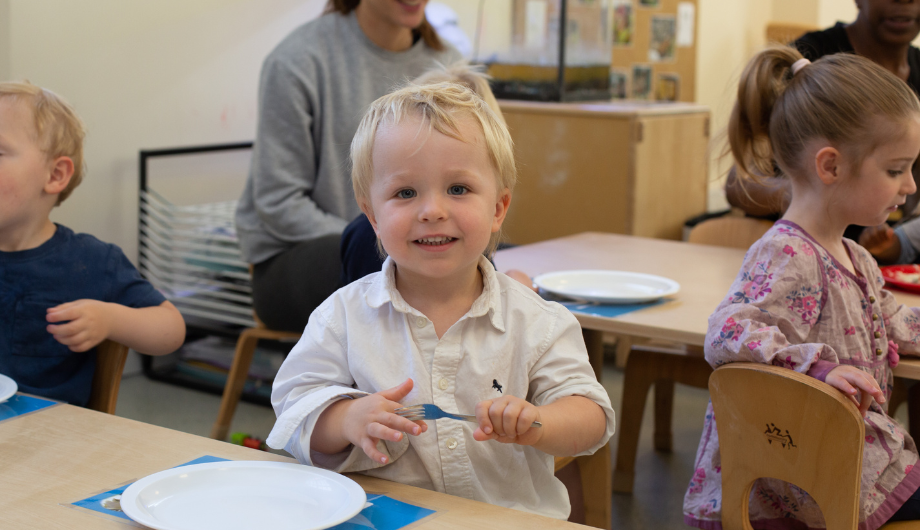
Talking Early Years: Celebrating 120 Years at LEYF
The Year That is 2023 – This year, we are proud to celebrate 120 years of LEYF. It’s been fascinating to reflect back on what has changed over…
May 18th 2012
Clearly everyone thinks parents have lost the ability to parent, but don’t worry – the Government which so despises the nanny state is rushing to save parents everywhere:
Parents are nation-builders. It’s through love and sheer hard work that we raise the next generation with the right values. That’s why this Government is doing everything possible to support parents.
We’re doing the big, long-term things to make this country stronger for our children – dealing with our debts; having a massive push for better schools; working to create more good, skilled jobs in our economy.
But we’re also focussed on making life easier for parents day-to-day, from extending childcare to increasing the number of health visitors. The parenting classes and films we’re launching this week are an important part of that, providing clear, professionally-led advice on everything from teething to tantrums.”
Prime Minister David Cameron
According to the Government’s Parental Opinion Survey (2010), 85 per cent of parents want more practical help caring for their baby, to provide the best possible start for their children. So, like any good Government, we now have a brand new digital service for parents-to-be and new parents, providing regular emails and texts with timely information as their pregnancy develops and their child grows; free parenting classes to all parents of children aged five years and under in three trial areas, as well as expert organisations to deliver relationship support for first time parents in four trial areas of the country from this summer.
I agree with this in principle, since being a parent is one of the most difficult jobs – unless of course you have been blessed with quiet, acquiescent and compliant children. (I have worked with children for 30 years and haven’t met too many of those.)
Either way, parents are nearly always on the back foot; you just crack a particular habit your child has acquired or a particular obsession, and by the time your techniques have begun to take hold and you are beginning to find a solution that works, they have moved onto the next stage and challenge. My eldest son would only eat if I put him in the pushchair, and then would eat only about ten different foods. I was at my wits end, trying every ploy, and just as I thought I had got his mealtimes down to a fine art, he changed and was off on something else. I thought that I would be better second and third time around, but not a bit of it; all the habits I had cracked with son number one never materialized with son number two. He brought a new set of challenges – especially about where he would sleep and how he coped with parting. My daughter then arrived with yet another set of challenges which required a completely different psychology, and although the most amenable and delightful young child, she turned adolescence into a story that could be the basis of a Palme D’Or winning foreign movie.
I like the idea of the parenting vouchers, only I wish what these paid for weren’t called parenting classes. I think it will put people off, since whilst there’s no denying how hard it is to get parenting right, most people still somehow manage to struggle through and successfully produce the next generation. Putting your hand up to ask for help is very brave, and there may not be enough hands in the air to make the shift from parenting classes as a support to parenting classes as the norm.
The government naturally wants to support strong and stable families, and research clearly shows that the birth of a new child can be a major stress point for couples. Few would disagree, and I suspect more new parents feel able to ask for help at this point than at any other in the long and often bumpy road that is parenthood. And there is of course a collective sympathy from all parents who remember the panic, fear and terror of coping with a tiny mite, compounded only more so by a diet of exhaustion from sleepless nights.
I can therefore only hope that the vouchers, available from Boots, will help the Government begin a wider conversation which publicly affirms the contribution of all parents to a successful society. Let this approach be as normal as collecting free vitamin drops. But what will it take to get the backing of our wider society to help frame the UK view about what we think needs to be done, and how we must behave as models for our children?
There’s surely been no better time to start thinking about codes of behaviour and expectations; about the rights and needs children have to grow, learn and succeed in a world with clear parameters of good manners, mutual respect, civic duty and humility; a sort of UK take on the Ubuntu philosophy (often referred in simple terms as the ‘essence of being human’). The Liberian peace activist Leymah Gbowee explained Ubuntu as “I am what I am because of who we all are”, whilst the people of Botswana define it as a process for earning respect by first giving it, or gaining empowerment by empowering others. Either way, it encourages people to applaud rather than resent those who succeed, whilst disapproving of anti-social, disgraceful, inhuman and criminal behaviour, and so encourages social justice for all.
So let’s hope this new Government initiative provokes the start of a philosophical conversation about how we create the right environment to rear our children, and what we all need to do to make this collective parenting approach one that works for generations to come.

The Year That is 2023 – This year, we are proud to celebrate 120 years of LEYF. It’s been fascinating to reflect back on what has changed over…

We have been raising the issues of childcare funding for over 10 years. It has been so long, I am amazed at how patient I’ve remained – and…

In the beginning of 2022 So here we are. The final blog of 2022. And hey, we’ve managed to get through what has been a year of discontent and foolishness.